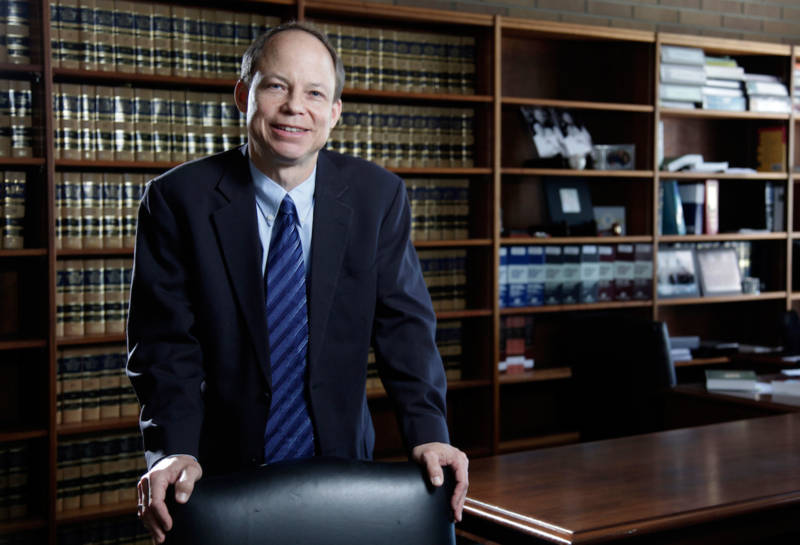The Santa Clara County judge who issued a six-month sentence in the sexual assault conviction of a former Stanford swimmer has removed himself from handling criminal matters -- as efforts to recall him continue.
Superior Court Judge Aaron Persky requested that he be assigned to civil court and that request was approved, the county's Presiding Judge Rise Pinchon said in a statement Thursday.
"While I firmly believe in Judge Persky's ability to serve in his current assignment, he has requested to be assigned to the civil division, in which he previously served," Pichon said. "Judge Persky believes the change will aid the public and the court by reducing the distractions that threaten to interfere with his ability to effectively discharge the duties of his current criminal assignment."
The move is not necessarily permanent. The assignment is subject to an annual review and takes effect Sept. 6.
Pichon said that another judge's desire to transfer to Palo Alto has made a quick swap with Persky possible. Normally such changes don't happen until a new year.
